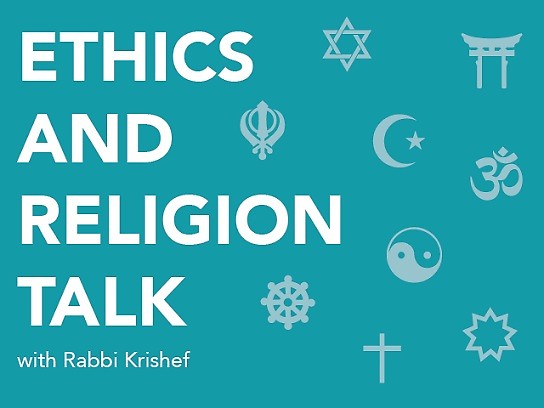Dr Sahibzada, the Director of Islamic Center and Imam of the Mosque of Grand Rapids, responds:
A person’s life consists of two aspects in Islam: Faith and actions. The person is a believer and suicidal action is not a rejection of faith but disappointment from Mercy of God. It is surely condemned and committing this action is totally forbidden. The person is an offender and sinner by self-killing.
However, faith requires dignity and an honorable farewell from this temporal world. Human has no right to deny God-given honor to anyone because, ‘God has honored the children of Adam and set them above most of the creation; made the person to die and gracefully be buried.’ (80:19-21)
Prophet Muhammad peace be upon him allowed to perform all normal funeral rites in such critical situations and will be buried in Muslims’ cemetery. We must pray for forgiveness and Merciful God will bestow paradise in the end.
The Rev. Sandra Nikkel, head pastor of Conklin Reformed Church, responds:
The fact that a person committed suicide does not mean that their life cannot be celebrated or their memory respected. Suicide is murder and the bible condemns murder but it does not say that murder is the one sin that will keep us from heaven. 1 John 1:9 says ‘If we confess our sins, he is faithful and just and will forgive us our sins and purify us from all unrighteousness.’ In response to this you may say to me: But how do you know that this person confessed her/his sin and received forgiveness? And I would say to you: How do you know that this person did not confess his/her sin and did not receive forgiveness? One thing is for sure: God did not call me as pastor to deny proper burial services or normal funeral rites to anyone because of a sin they've committed. What people need is compassion, not condemnation!
Father Kevin Niehoff, O.P., a Dominican priest who serves as Adjutant Judicial Vicar, Diocese of Grand Rapids, responds:
The Roman Catholic Church does not condemn people who die by their own hand. The Church insists, ‘suicide contradicts the natural inclination of the human being to preserve and perpetuate his or her life’ and ‘that act of taking one’s own life is gravely contrary to the just love of self’ (Catechism of the Catholic Church, p. 550).
Still, the Church realizes, ‘grave psychological disturbances, anguish, or grave fear of hardship, suffering or torture can diminish the responsibility of the one committing suicide’ (ibid.). The Church recognizes that one’s state of mind at the time may be severely impaired removing culpability for taking one’s own life.
The Church gives hope to the loved ones of those who take their own lives, teaching, ‘we should not despair of the eternal salvation of persons who have taken their own lives. By ways known to him alone, God can provide the opportunity for salutary repentance. The Church prays for persons who have taken their own lives’ (ibid.) and allows for a burial according to the funeral rites provided in its ritual books.
Fred Stella, the Pracharak (Outreach Minister) for the West Michigan Hindu Temple, responds:
To begin with, we would never use the word ‘condemned’ to refer to anyone in the spiritual sense. As with every religion I’ve studied, Hinduism strongly discourages suicide, and there are karmic consequences. But there is no misdeed that bars anyone from eventual liberation. Also, we understand that many suicides are the result of serious mental illnesses. People who take their own lives in these states are clearly not responsible for their actions.
There are noble reasons for committing suicide as well. The most appropriate that I can think of is that of the soldier or spy who carries a cyanide pill in case of capture. If it is assumed that excruciating torture will finally break the agent, allowing the enemy to gain information that could result in the destruction of many, then that death would be as noble as one on a battlefield defending the homeland from conquest.
So, no, there is no difference between a funeral for a victim of suicide and anyone else.
My response:
Although Judaism understands suicide as a serious sin equivalent to murder, it also understands that one who dies by one’s own hand has passed away from a mental illness no less real than any other physical illness leading to death. There is no difference in the burial, the funeral liturgy, or the mourning rituals for family members.
This column answers questions of Ethics and Religion by submitting them to a multi-faith panel of spiritual leaders in the Grand Rapids area. We’d love to hear about the ordinary ethical questions that come up on the course of your day as well as any questions of religion that you’ve wondered about. Tell us how you resolved an ethical dilemma and see how members of the Ethics and Religion Talk panel would have handled the same situation. Please send your questions to [email protected].
The Rapidian, a program of the 501(c)3 nonprofit Community Media Center, relies on the community’s support to help cover the cost of training reporters and publishing content.
We need your help.
If each of our readers and content creators who values this community platform help support its creation and maintenance, The Rapidian can continue to educate and facilitate a conversation around issues for years to come.
Please support The Rapidian and make a contribution today.
